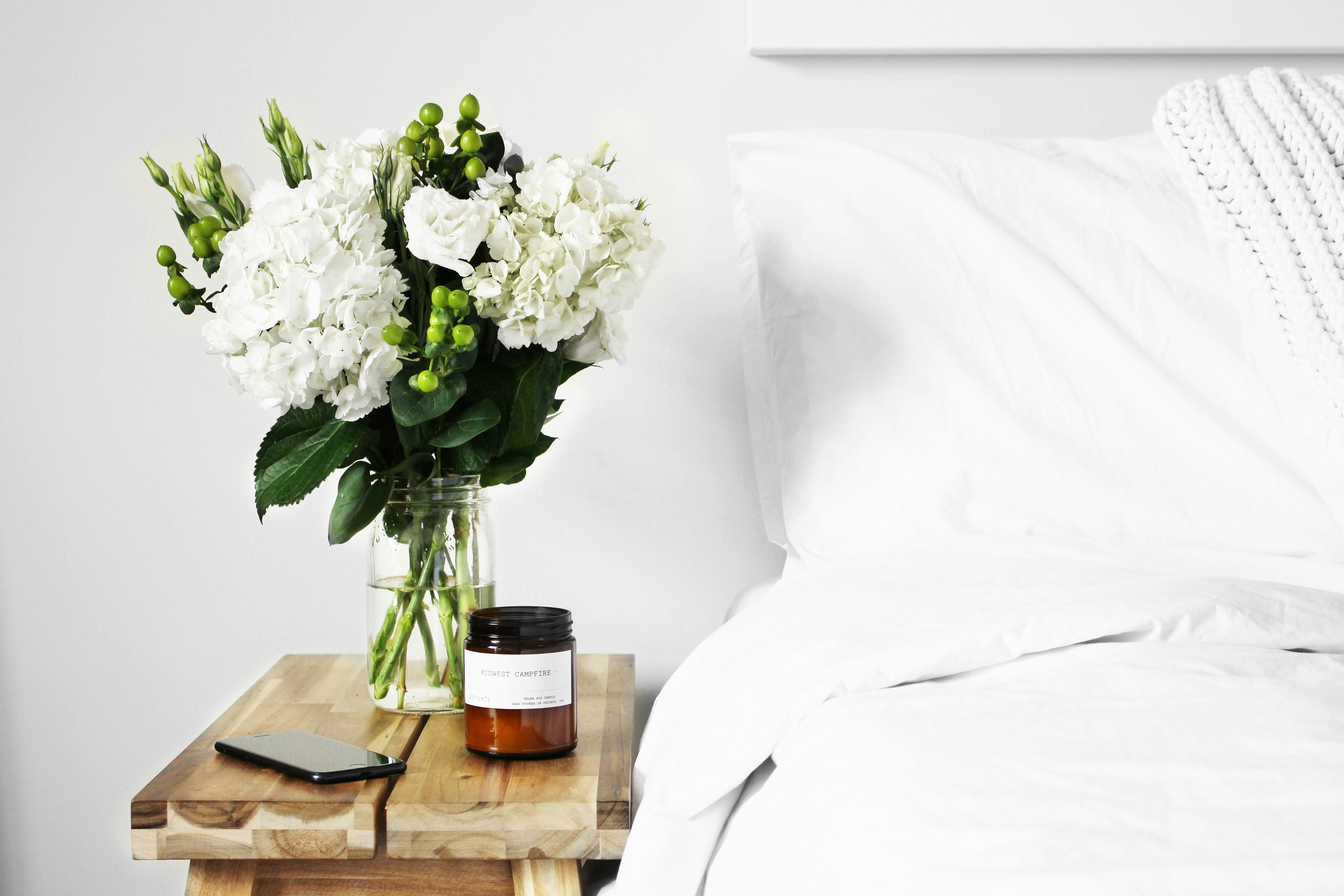
How To Navigate A Non-Alcoholic Christmas
How To Navigate A Non-Alcoholic Christmas So you’ve decided to stay sober at Christmas. Amazing news! Whether you’r...
Read MoreSep 04, 2024

Did you know that alcohol and sleep don’t always mix well?
When you’re trying to get better sleep, you might cut down on coffee or electronics. But you may have missed a crucial opportunity to sleep better - by limiting alcohol consumption.
While alcohol may help you fall asleep faster, it has been found to disrupt the sleep cycle, leading to frequent awakenings during the night.
Learn more about alcohol and sleep in this article.
When alcohol is present, sleep issues are common. Over time, our body can have lasting disruptions to the sleep-wake cycle which can cause issues like insomnia and in the short term we might just experience lighter or disrupted sleep.
Alcohol is a complex substance because it makes people feel sleepy which can induce sleep, however when you actually fall asleep your body’s natural sleep-wake rhythm is disrupted. As a result, the sleep you get is poorer in quality and doesn’t run through the natural cycles needed to make you feel rested.
The reason you might wake up feeling less rested after drinking alcohol the night before is due to the body’s production of melatonin being disrupted.
Alcohol decreases the body's sensitivity to a lot of different cues like daylight and darkness. It also disrupts body temperature. Both factors can alter the secretion of the sleep hormone melatonin.
Melatonin levels should rise in the evening, signalling to the body that it's time to sleep, and then decline in the morning, indicating that it's time to wake up. But when we consume alcohol, melatonin isn’t produced as efficiently leaving us feeling drowsy but not necessarily able to sleep.
It’s not just a lack of sleep that can be caused by consuming alcohol.
For people who regularly consume alcohol, withdrawing from drinking can also impact sleep.
As the body attempts to restore the normal sleep-wake cycle, sleep can feel hard to come by and when you do sleep it can be very light.
You’ll feel a reduction in the amount of time spent in the deeper, more restorative stages of sleep, such as slow-wave sleep and REM sleep.
This subsides after a few days, so if you are in the early days of quitting alcohol just know this is normal and it does go away.

If you’ve had a big night out and can’t sleep, this is normal.
Your head might feel like it’s spinning a bit but usually you will fall asleep as the alcohol content in your body decreases.
Don’t stress: you will sleep eventually. It’s likely your body temperature is disrupted and this could be why you’re struggling to nod off or waking up intermittently.

If you’re worried about how alcohol is affecting your sleep, reducing alcohol intake can help.
And it’s not just sleep that you’ll get more of, there are a whole host of other benefits that come from cutting back on alcohol. From better immunity to improved memory and better mental health, studies show that reducing alcohol intake is very good for the body and mind.
Want to try and drink less? Why not find an alcohol alternative that gives you all the taste benefits with none of the nasty side effects.
Shop our full range of non alcoholic spirits now.
Have we captured your curiosity? Read on
Please enter your details below to sign in
Please enter your details below to register an account.
Forgot your password? No problem just enter your email to reset you password.